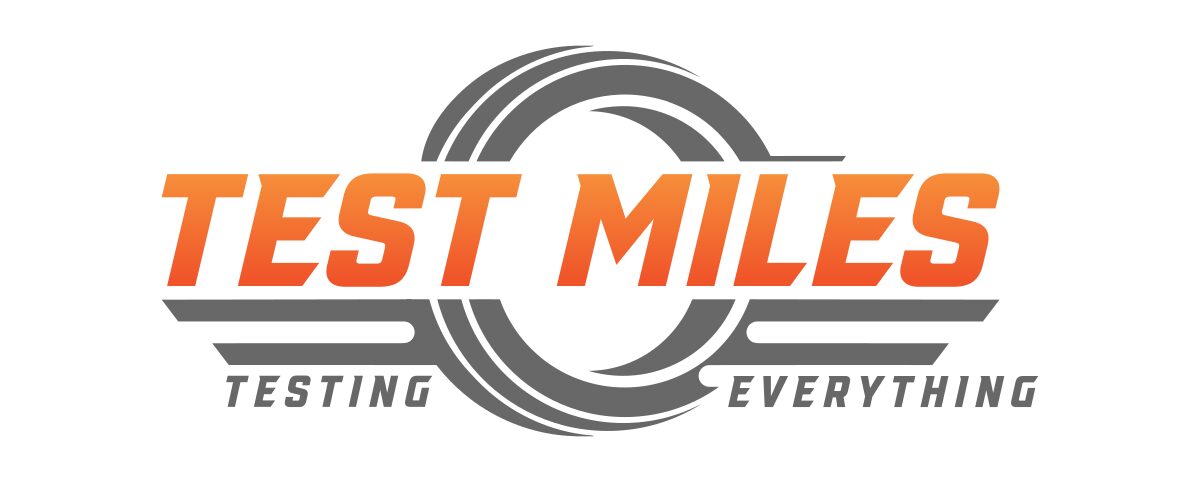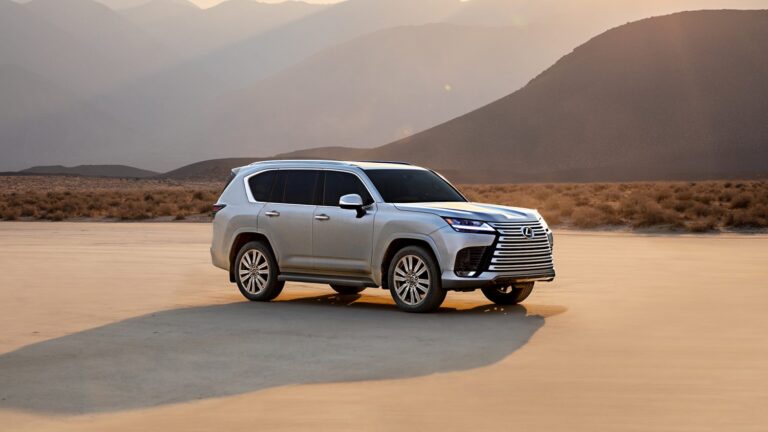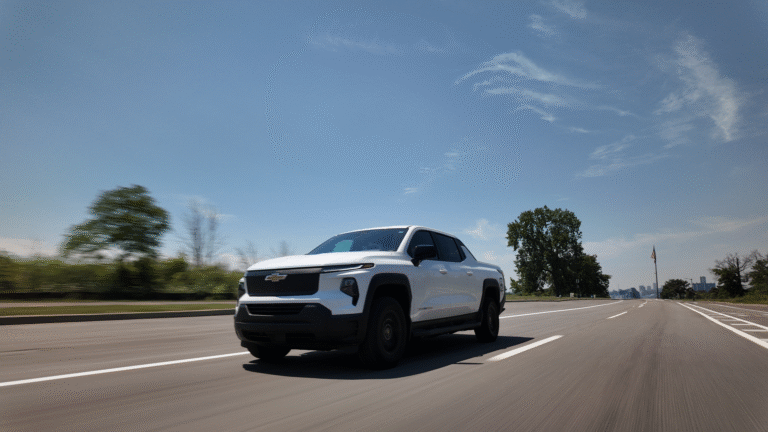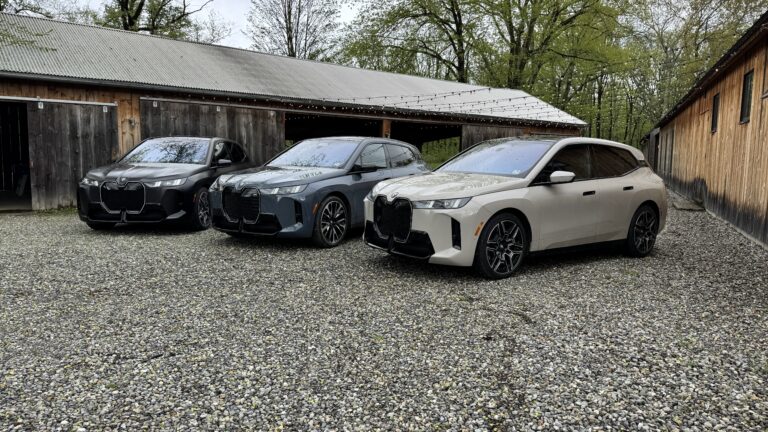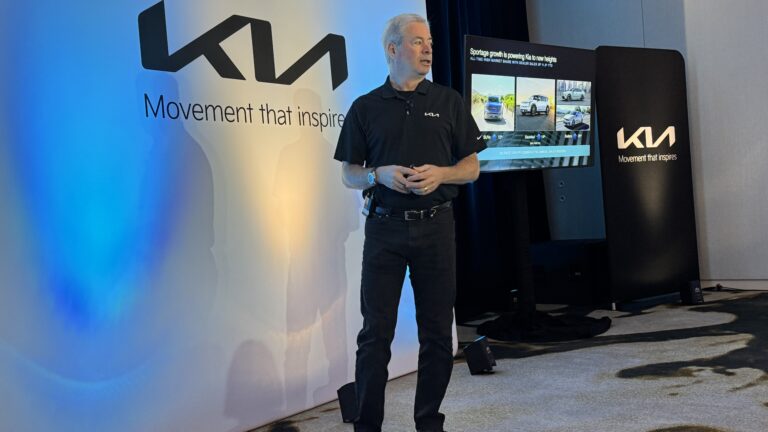Americans Want EVs, Just Not All at Once
A new national survey reveals that U.S. drivers are finally ready to go electric, but they’re easing in with hybrids, shorter range expectations, and a healthy dose of sticker shock.
Why does this car matter right now?
Electric vehicles are no longer a Silicon Valley experiment or a coastal curiosity. According to a new Big Village survey, 55% of Americans say they expect to own an EV eventually. That’s not a niche. That’s the future inching toward the present. But before you assume this is a full-throttle EV revolution, let’s pump the regenerative brakes. Most consumers aren’t ready to trade in their gas tanks for kilowatts overnight. Instead, they want options, education, and—above all else—value.
The headlines are still shouting about Elon and charging infrastructure, but the quiet truth is that mainstream buyers are warming up to electric mobility, cautiously. From Ford to Kia, the brands not shouting are the ones selling. And the American public? They’re listening, just at their own speed.
How does it compare to rivals?
Let’s break down the scoreboard. Tesla may own the name recognition, but it’s traditional brands like Hyundai, Toyota, and Ford that are playing the long game. Hyundai’s Ioniq 5 and 6 are turning heads with 300+ mile EV range, sci-fi styling, and ultra-fast charging that rivals gas pump convenience. Kia’s three-row EV9 proves you can have your electric cake and fold down the rear seats too. Meanwhile, Ford’s F-150 Lightning is making EV trucks feel like real trucks, not novelty toys.

Plug-in hybrid sales are also quietly stealing the show. A whopping 66% of Americans say they prefer easing into the EV experience with something like the Toyota RAV4 Prime or Ford Escape Plug-In. These aren’t compromise vehicles, they’re gateway drugs—offering low-emissions during the week and road trip readiness on the weekend.
And yes, even Toyota—the hybrid king—is stepping out with its bZ series. Clunky name, but a clear signal. When the most conservative brand in the game starts building BEVs, the market isn’t shifting. It’s already shifted.

Who is this for—and who should skip it?
If you’re the sort of driver who treats a 400-mile range as non-negotiable, you may be overestimating your own commute. According to the survey, nearly 30% of Americans are fine with 50 miles of daily range. Seventy-five miles satisfies 75% of drivers. EVs don’t need to cross the Mojave. They need to get to Trader Joe’s and back.
These vehicles are for the practical, the budget-conscious, and the quietly tech-savvy. They’re for families who want a three-row SUV with interior tech that feels like a smart home, not a spaceship. They’re for commuters who want low maintenance and high MPG equivalents without reading a white paper on kilowatt hours.

Who should skip it? Anyone who still can’t find a charger within 50 miles, or lives in a town where public infrastructure is a punchline. Charging access is improving—up 7% from last year—but it’s not universal yet. And let’s not pretend price isn’t a factor. 40% of survey respondents still say EVs are too expensive. Until MSRP drops or tax credits get simpler than calculus, hybrids may continue to win hearts and wallets.
What’s the long-term significance?
We’re not witnessing a revolution. We’re watching a renovation. Consumers aren’t tearing down their garages and lining them with solar panels. They’re just picking vehicles that suit their lives better. EVs are no longer statements of identity. They’re tools—just like your dishwasher, your smartphone, or your slightly judgmental smartwatch.

And while hydrogen isn’t storming the dealership lots just yet, it’s also not dead. A surprising 58% of Americans say they’re open to fuel cell vehicles like the Toyota Mirai or Honda Clarity. Infrastructure remains laughable, but interest? That’s legit.
More telling, over 30% of EV buyers say innovation drives their brand choice. That’s a boon for companies like Ford, Hyundai, and BMW, who’ve invested quietly and consistently rather than rushing out prototypes with marketing fanfare.

Bottom line: Americans aren’t rejecting EVs. They’re just choosing to adopt them on their own terms. The real winners won’t be the loudest brands, but the ones that offer buyers real value, flexible options, and trust—not just torque.
Like what you’ve read? Stay in the driver’s seat with more insider automotive insights. Follow @NikJMiles and @TestMiles for stories that go beyond the press release.
